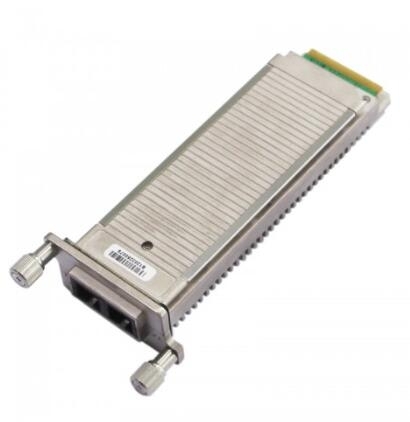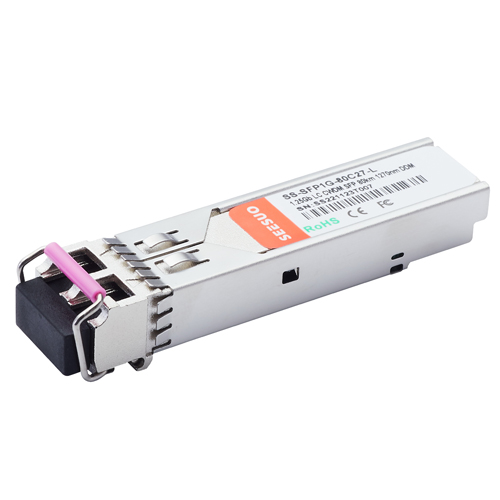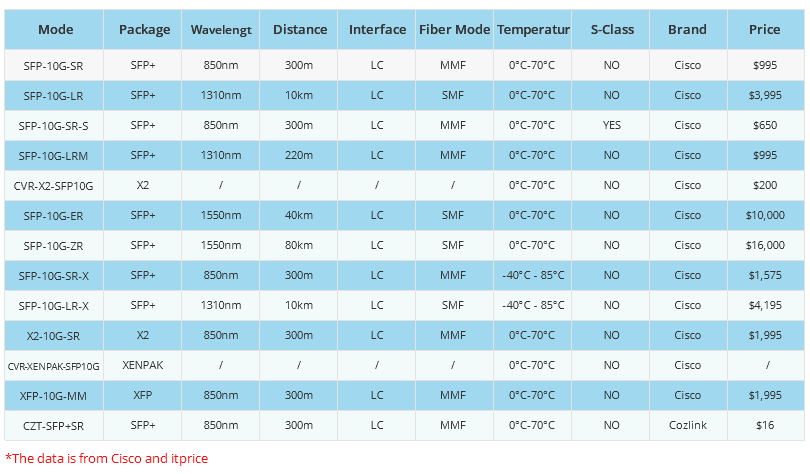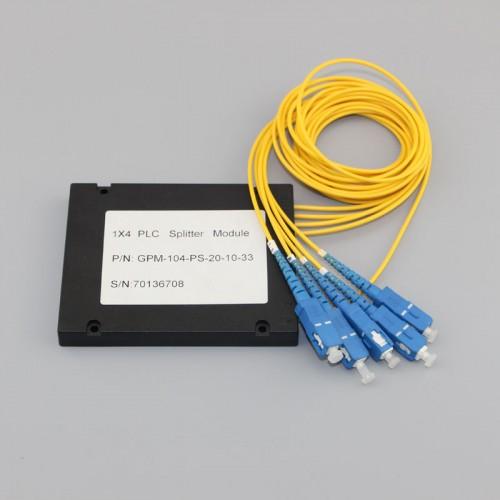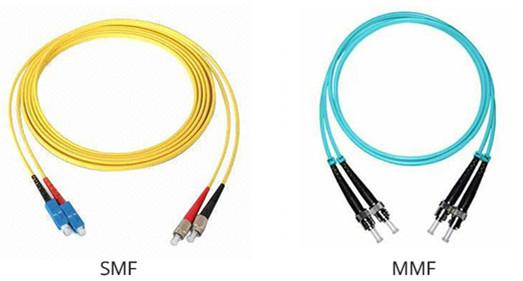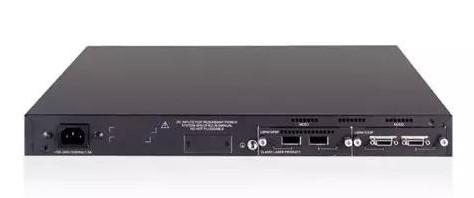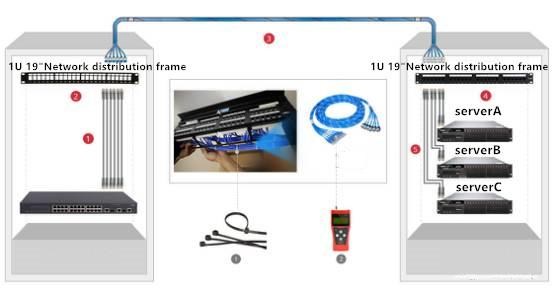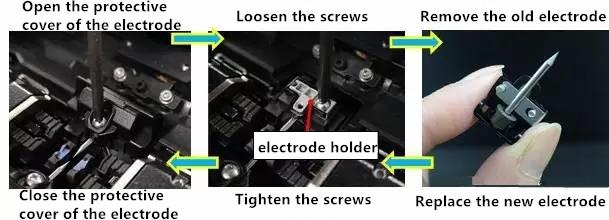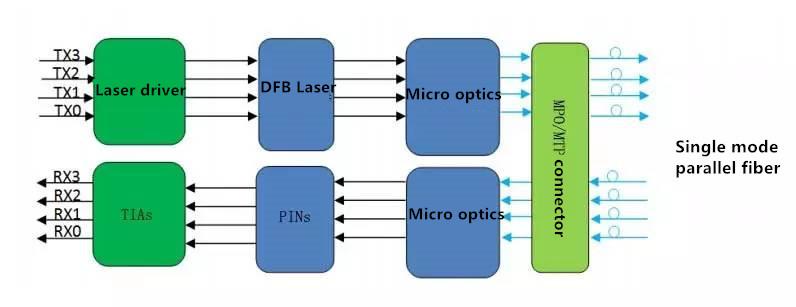- Related articles
- Optical Transceivers for Cisco WS-C3650-48FS-L Switch
- Optical Transceivers for Cisco SF350-48P-K9-UK Switch
- The difference between SDI and HD SDI
- All Cisco SFP-OC3-LR2's information (List price, Specs, Datasheet PDF, Compatibility matri
- Optical Transceivers for Cisco WS-C3650-24PS-S-RF Switch
- The Things You Need to Know about 1000BASE-SR Ethernet Standards
- Cisco SFP vs. GBIC vs. XFP vs. SFP Plus
- Optical Transceivers for Cisco WS-C3650-48FQM-S Switch
- All Cisco DWDM-XFP-39.77's information (List price, Specs, Datasheet PDF, Compatibility ma
- Optical Transceivers for Cisco SG355-10P-K9-UK Switch

Definition:
XENPAK is a multisource agreement (MSA), instigated by Agilent Technologies and Agere Systems, that defines a fiber-optic or wired transceiver module which conforms to the 10 Gigabit Ethernet (10GbE) standard of the Institute of Electrical and Electronics Engineers (IEEE) 802.3 working group. The MSA group received input from both transceiver and equipment manufacturers during the definition process. XENPAK has been replaced by more compact devices providing the same functionality.
The small form-factor pluggable (SFP) is a compact, hot-pluggable transceiver used for both telecommunication and data communications applications. The form factor and electrical interface are specified by a multi-source agreement (MSA) under the auspices of the SFF Committee. It interfaces a network device motherboard (for a switch, router, media converter or similar device) to a fiber optic or copper networking cable. It is a popular industry format jointly developed and supported by many network component vendors. SFP transceivers are designed to support SONET, gigabit Ethernet, Fibre Channel, and other communications standards. Due to its smaller size, SFP obsolesces the formerly ubiquitous gigabit interface converter (GBIC); the SFP is sometimes referred to as a Mini-GBIC. In fact, no device with this name has ever been defined in the MSAs.
Difference between XENPAK and SFP
XENPAK
- Compatible with SENPAK MSA Rev 3.0
- Support of IEEE 802.3ae 10GBASE-L
- XENPAK MSA package with duplex LC connector
- With Digital Diagnostic Monitor Interface
- Operating temperature range 0 to 70 degrees Celsius
- Hot Pluggable 70-PIN Connector with XAUI Electrical Interface
SFP
- Data rate: 155M/622M/1.25G/2.5G/4G
- Wavelength:850nm/1310nm/1550nm
- PIN/APD photodiode receiver
- SFP MSA package duplex LC,
- +3.3V single power supply
- With or without DDM function
- Very low EMI and excellent ESD protection
- Distance from SX 0.5km to ZX 120km
SFP and SFP+ Differences:
SFP transceivers are expected to perform at data speeds of up to five gigabits per second (5 Gbps), and possibly higher. Because SFP modules can be easily interchanged, electro-optical or fiber optic networks can be upgraded and maintained more conveniently than has been the case with traditional soldered-in modules. Rather than replacing an entire circuit board containing several soldered-in modules, a single module can be removed and replaced for repair or upgrading. This can result in a substantial cost savings, both in maintenance and in upgrading efforts.
The enhanced small form-factor pluggable (SFP+) is an enhanced version of the SFP that supports data rates up to 16 Gbit/s. The SFP+ specification was first published on May 9, 2006, and version 4.1 published on July 6, 2009. SFP+ supports 8 Gbit/s Fibre Channel, 10 Gigabit Ethernet and Optical Transport Network standard OTU2. It is a popular industry format supported by many network component vendors. Although the SFP+ standard does not include mention of 16G Fibre Channel it can be used at this speed.
Conclusion:
XENPAK is a highly integrated, serial optical transponder module for high-speed, 10Gbit/s data transmission applications. It is designed to transmit and receive optical data of link length of 300M, 10km, 20km, 40km, up to 80km. XENPAK 10GB solution include dual fiber XENPAK, CWDM XENPAK and DWDM XENPAK modules which enable high port densities for 10 GbE systems. A 70 pin electrical connector and a duplex SC connector optical interface assure that connectivity is compliant to the XENPAK MSARev.3.0.
Small form-factor pluggable (SFP) is a specification for a new generation of optical modular transceivers. The devices are designed for use with small form factor (SFF) connectors, and offer high speed and physical compactness. They are hot-swappable. Several companies have formed a consortium supporting the use of SFP transceivers to meet their common objectives of broad bandwidth, small physical size and mass, and ease of removal and replacement.













































